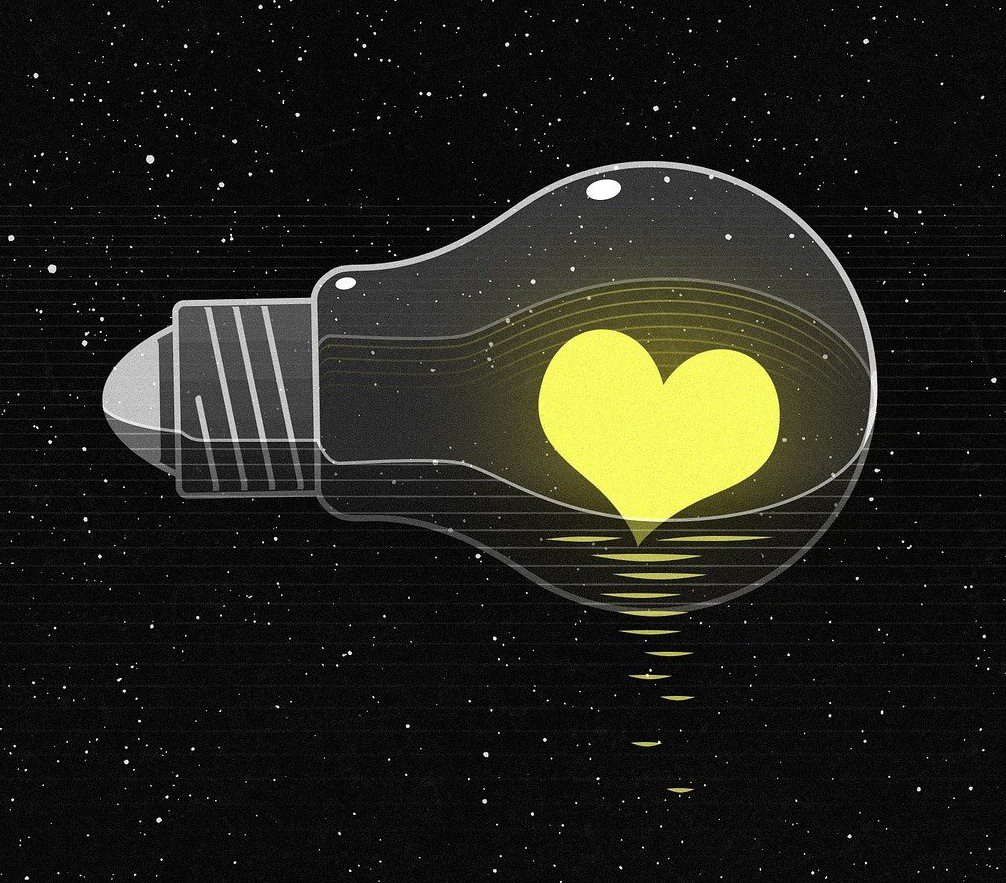Good news – it’s all within your control!
And just to set expectations: The goal here isn’t 100% happiness, but tipping the scale so that on balance, you spend (increasingly) more time in the happiness zone than out.
Last night I sat in on a webinar with Laurie Santos, the Happiness professor at Yale. It was a great talk – she synthesized a whole semester class into 7 key take-aways backed by research. (You can take her free course on coursera.org. She’s working now on a version for teens, and she hopes to make one for younger kids too. This stuff is important!)
But here’s the thing – once again I realized that the expert advice built on research was essentially the same as what I had come to on my own after years of life experience and informal study (and what I had initially put together to teach to teens to give them a jump on life, so I’m especially glad she’s working on that).
So here is my combo of hers and mine…and of course, I’m here to help, if you’re interested in diving deeper into any of these ideas or practices.
🌻BE STILL:
- Focus on the present moment, what is literally right in front of you – when it feels good AND especially when it doesn’t. This is mindfulness and it stops the swirling brain from doing things like making you worry and beating you down, and allows space for your creativity and inspiration to flow. Equally important, allowing your emotions, especially the uncomfortable ones, to surface and flow through you helps them to process more quickly…so they don’t show up in a bigger, less manageable way later on.
- Make time for stillness (i.e., downtime)…or as Laurie say, “Become wealthy in time not money.” Living at what feels like a leisurely pace increases happiness. (And note: studies have repeatedly shown that unless you’re living at poverty level, more money doesn’t bring more happiness.) Ideally, plan some unscheduled time in your day. But even if that’s not an option, take advantage of those spare minutes that pop up throughout the day, like when you’re waiting for you computer to load or standing in line, and instead of scrolling through social media, notice the blue sky or how soft your new shirt is. These small moments add up.
- Get enough sleep (and movement), or as I like to say (going a bit further), “Address the basic five: eat, hydrate, rest (if you’ve been active), move (if you’ve been still), and BREATHE!” Your physical state colors your ability to respond positively (there’s a reason “hangry” has become a word!) so give yourself a leg up here.
🌻PAY ATTENTION (Awareness is always the first step to bringing about change…):
- To what your body is telling you (physically and emotionally) – physical pain and uncomfortable emotions are trying to help you realize when something is off and needs attention, and the good feelings are your clues to where your passions lie, what really brings you joy and peace…and what you should aim to do more of!
- To how you spend your time…so you can identify where you can carve out more downtime, and determine the ratio of your day (and overall life) that you spend feeling good vs feeling otherwise
- To what prompts or triggers your thoughts, feelings and actions (both pleasant and unpleasant)…all clues to direct you in what you need to do next to improve your ratio of pleasant to unpleasant moments throughout your day (and your life!)
🌻 TAKE CHARGE (I like to say “take charge” instead of “take action” to emphasize that YOU ARE IN CHARGE here…which means it’s all within YOUR control to do these things!)
- Be social in real time – connect and interact with others, and per the research, doing this in real time (even if not in person) is key; simply posting to social media and reading others’ posts doesn’t have the same happiness benefit. Spend time with those who lift you up, and limit time with those who bring you down (yes, even family and old friends.) And if you are seeking connection, join or volunteer with a group related to one of your interests, or get a job at a place you like to frequent.
- Be kind to others (and also to yourself) – Putting the focus on others takes you out of your critical head. Kindness can come in many forms such as being helpful, giving something (including simple things like time together or a flower from your yard or even a smile) and basic courteousness. But remember to “recharge your batteries” with kindness to yourself (including time for yourself) so you have energy to be there with heart for someone else. And train your brain – so when you catch it going down the path of negative thinking, literally tell it to stop….over and over again as needed. Yes, it’s that easy – and that hard – so be patient with yourself.
- Practice gratitude – every day, be thankful for what’s good in your life, and even more effective, write it down and/or say it out loud….and even better, if you’re thankful for someone in your life (even if you haven’t seen them for years), say it or write it directly to them! Even on your worst day, you can at least find something small to be thankful for, like teeth so you can eat or a tree that adds some natural beauty to your block. It seems insignificant but it all adds up.
- Make space for better things in your life – when you identify where/how your life is bringing you up vs bringing you down, make it a point to do more of the former and less of the latter. Assess what’s really important to you, and what is old habit. Even tiny steps get the energy going in the right direction. Find the courage to step out of your comfort zone to try new things and also to set boundaries with people you are close to if they drain your energy (it doesn’t mean you don’t love them!)
- Figure out what else lifts you up – make a list of everything (big and small) that you love to do, or always wanted to do, or used to enjoy as a kid. Challenge yourself to pick one thing each day (or each week) and do it for a few minutes (or longer), or at least “honor” it in some way, even if it’s just 5 minutes reading about it on the internet. Notice how much you enjoy it while you’re doing it. Put a star by the things you’d like to do more of and cross off the things that you find aren’t so interesting after all.
- Go further and get help! It can be hard to shift your thinking or your emotional association with something to really move on from it. So seek out help – either professional (like myself 🙂), or a resource like a good book or something on the internet. There is a lot of good stuff out there and I’m happy to make some recommendations!





